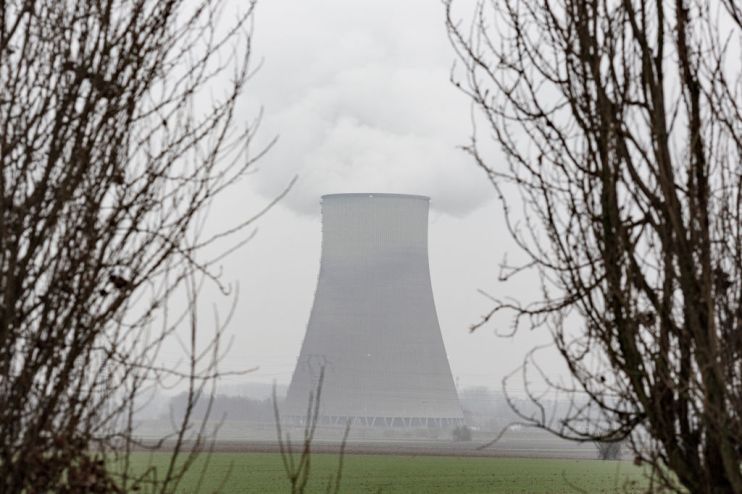European energy firms dithering over Russia departure

The European Union (EU) is seemingly split over targeting Russian oil imports with sanctions ahead of US President Joe Biden visiting the continent this week.
Reflecting the rift between European nations on ramping up sanctions, German Chancellor Olaf Scholz has warned the continent can’t cut itself off from Russian fossil fuels overnight.
Speaking in the Bundestag, he said: “We will end this dependency – as soon as possible. But to do this from one day to the next would mean plunging our country and the whole of Europe into a recession.”
Countries are wary of supply shortages and blackouts if the trade bloc cuts itself off from Russian natural gas, with similar anxieties reflected in the energy sector.
While, Total Energies announced yesterday it would not renew its Russian gasoil and crude oil contracts for its German refinery.
Nevertheless, it has continued to hold on to its Russian ventures, in contrast to rival firms BP, Shell and ExxonMobil – while making commitments not to invest further in the projects.
The French energy giant has a 19.4 per cent stake in independent gas provider Novatek, a 20 per cent share in the Yamal plant, and a 10 per cent holding in an Arctic liquefied natural gas (LNG) scheme.
This continues a theme of European energy companies hesitating over a full divergence from Russia.
For instance – chief executive of Utility EnBW, Frank Mastiaux revealed today the company has stepped up its efforts to cut Russian coal and gas supplies.
However, he has also argued a sudden stoppage in energy imports from Russia this winter would not be plausible.
He said: “Completely replacing procurement in the short term in the event of a theoretical loss of Russian gas is not feasible for us, as it is for most market participants.”
In its full year results, EnBW revealed it received 3.6m tonnes, (86 per cent) of its hard coal supply from Russia.
Turning to gas, which includes its VNG division, EnBW said that 20 per cent of the 495 terawatt hours it procured last year came via direct agreements with Russian suppliers, adding those volumes would come down from 2023 onwards.
“Germany will continue to rely on gas imports for some time to come,” Mastiaux concluded.
Earlier this week, economy minister Robert Habeck brokered a long term LNG deal with Qatar – however the country has stopped short of divesting from Russian energy, as it is reliant on the country for over half its natural gas supplies.
Alongside government deals, Germany’s energy infrastructure regulator and distribution network operators are reportedly preparing for a potential rationing of energy next winter in case Russia cuts off supplies.
So far, Russia has remained committed to serving global markets, but The Financial Times has revealed that large German industrial groups have received letters from network operators asking them to outline their energy needs in anticipation of possible shortages.
While energy firms remain cautious – finance groups appear to be taking a more definitive stance.
ING Groep NV revealed today it will no longer finance new oil and gas projects becoming the biggest bank yet to commit to such a step in the fight against climate change.
The move by the Dutch financial services firm raises pressure counterparts to heed calls from the International Energy Agency (IEA) to halt funding for new fossil fuel projects to help cap global warming at no more than 1.5 degrees.